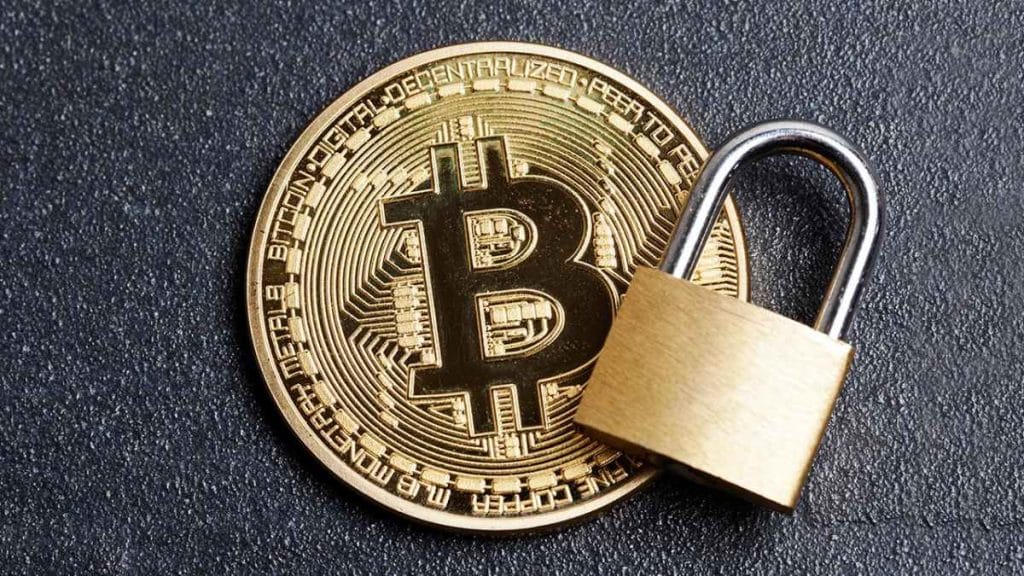If you have approximately $240,000 deposited in your personal business account, it means the FDIC has insured your money. However, a similar level of protection isn’t offered against cryptocurrencies like bitcoin.
As a matter of fact, the likes of Binance and Coinbase provide their insurance to only cover a portion of your crypto investments.
A five-year-old crypto exchange, crypt.com, was hacked early this year. And hackers managed to get away with more than $10 million worth of cryptocurrency.
If crypto wallets and exchanges are not secure – does it means you should stop trading?
Of course, not. It is still possible to keep your bitcoin private key safe from hackers. Some of the ways you can use to achieve this include:
1. Keep Your Bitcoin in a Cold Wallet
One of the first steps to keep your bitcoin private key secure is to store your cryptocurrency in hardware or cold wallet.
If you require some of it for online transactions, you should consider keeping what you need in the short term and keep the rest offline.
A great crypto wallet has the same size as a USB device. And it may hold a private key, which you can use to access your bitcoin.
2. Encrypt the Private Keys
Currently, self-respecting wallet programs can automatically create your bitcoin private keys. Not every individual follows proper practices when it comes to creating a private key. This makes it more difficult to replicate.
You need to know that once a private key is created, it can be saved on a device in plain text, a database, or an internal file.
Wallets, which incorporate proper practices to avoid this, have a better option for encrypting files where you may keep your private keys.
3. Consider Using a Two Factor Authentication
If your wallet offers a 2FA (two-factor authentication) option, consider taking it. That means if someone has access to your login credentials, they will also require your mobile phone so they can get the two-factor authentication code.
But it is important to note that email and text 2FA are not advisable as these may easily get intercepted when someone ports your mobile phone number to a new device or gains access to your email.
4. Be Wary of Phishing
Hackers may pose as a legit business entity so they can get sensitive details from you. This is what is called phishing. And it is usually a targeted kind of attack many people often fall for.
In order to prevent your details from falling into the wrong hands or getting stolen, you should avoid login into your bitcoin exchange from a link sent to you through a text or email.
Ensure also you type in the URL in your preferred browser and save it later. Plus, don’t show your details to anyone through chats, texts, or emails.
In a Nutshell:
Let’s face it – managing your crypto is not that simple. Owning cryptocurrencies, like bitcoin, also means you have to be your own bank and take full responsibility for your investments. And the best way to achieve this is to implement some of the strategies discussed here.
